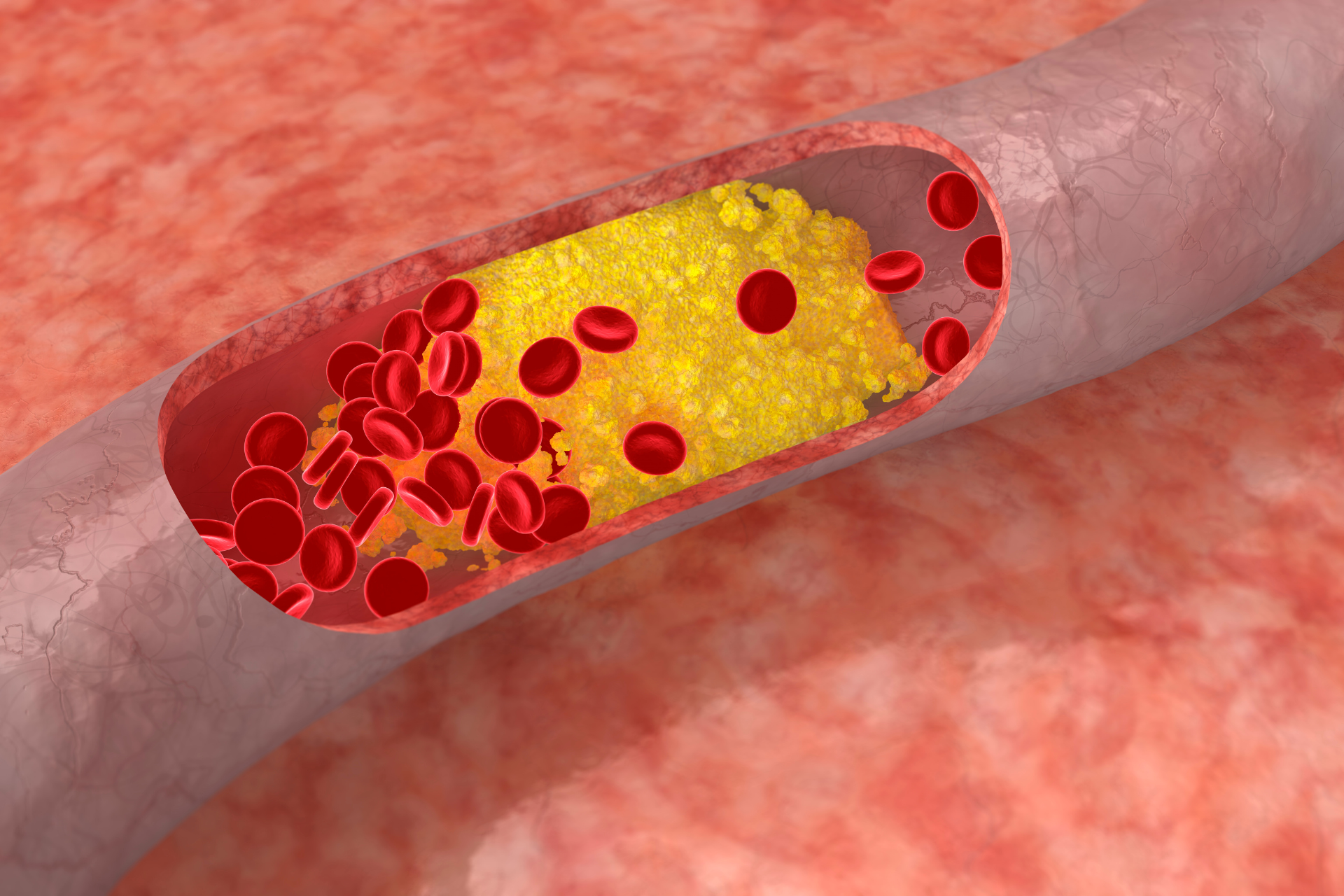Introduction
The search for quality cardiovascular health, your entire system health and satisfaction usually occupies second place in the modern world. Work, technology, and cultural expectations are all around us, making us feel overwhelmed and separate from who we are. But practising mindfulness is a way to find calm in the middle of all the chaos.
Essential Cardiovascular Health Tips for a Stronger Heart
The description of the cardiovascular system:
Blood, oxygen, and nutrients are transported throughout the body by the network of capillaries, arteries, and veins that is known as the cardiovascular system, or circulatory system. The muscular organ that pumps blood continuously to sustain life, the heart, lies at the centre of this complex system. The arteries send oxygenated blood away from the heart to the body’s tissues, while veins bring deoxygenated blood back to the heart. The circulatory system is the foundation of the human body since all of the organs and cells rely on it for their proper operation.
Typical Causes of Heart Diseases:
High Blood Pressure:
High blood pressure, or hypertension, is a common factor for heart illnesses. When the force of blood against the walls of the arteries is continually too great, it can lead to damage and shrinking of the arteries, increasing the stress on the heart. If ignored, hypertension can contribute to severe illnesses such as heart attacks, strokes, and heart failure. Regular monitoring of blood pressure and lifestyle adjustments are critical for maintaining optimal cardiovascular health.

High Cholesterol:
Cholesterol is a fatty chemical important for forming cells and producing hormones. However, an excess of cholesterol, especially low-density lipoprotein (LDL) or “bad” cholesterol, can build in the arteries, producing disease. This accumulation can limit blood flow, increasing the risk of heart disease and stroke. Managing cholesterol levels through a balanced diet, exercise, and, if necessary, medication, is important in preventing these issues.
Smoking:
Smoking is a well-established cause of cardiovascular illnesses. The chemicals in tobacco smoke can damage blood vessels, limit the ability to transport oxygen in blood and enhance the risk of blood clots. Moreover, smoking generally worsens other risk factors such as high blood pressure and cholesterol levels. Quitting smoking is one of the most impactful moves someone can do to enhance their cardiovascular health.
Poor Diet and Lack of Exercise:
A lazy lifestyle paired with a poor diet can greatly affect cardiovascular health. Diets heavy in saturated and trans fats, sodium, and processed foods contribute to weight gain, high blood pressure, and high cholesterol levels. Regular physical activity not only helps maintain a healthy weight but also strengthens the heart improves circulation, and reduces the risk of heart disease. A balanced diet rich in fruits, vegetables, whole grains, and lean meats further enhances heart health.
Stress:
Constant stress can exert an impact on the cardiovascular system, contributing to the development and progression of heart disorders. Stress drives the body’s “fight or flight” response, releasing chemicals that can raise blood pressure and increase heart rate. Over time, excessive stress may lead to inflammation and vascular damage. Adopting stress-management practices, such as mindfulness, meditation, and relaxation exercises, is important for minimizing this risk factor and promoting overall cardiovascular health.
Cardiovascular Health Tips
The importance of making heart health our number one concern has already been established, as we conclude our investigation into cardiovascular health, it is important to stress the lasting benefits of prioritizing your heart health:
1. Investing Long-Term to Improve Your Quality of Life:
Putting your heart health first is an investment in your future happiness, not merely a temporary fix. When you give your heart the love and attention it needs, it will grow strong and resilient, ready to support you through all the experiences life has to offer.
2. Having Knowledge:
Being knowledgeable about the complexities of cardiovascular health gives you power. When you empower yourself with knowledge, you have the power to make educated decisions regarding your lifestyle, food, and general health. A heart-healthy lifestyle is within attainable with the right amount of knowledge, so keep that in mind as you wade through the health knowledge.
3. Inspiration for Those Around You:
Your commitment to focusing on your heart health acts as an encouragement to everyone around you—family, friends, and colleagues. By leading by example, you become a light of motivation, encouraging others to embark on their journeys toward stronger, healthier hearts.
4. Celebrating Little Wins:
Recognize and enjoy minor victories along the way. Whether it’s picking a heart-healthy meal, sticking to your workout program, or using stress-reducing methods, each positive choice is a step towards a stronger heart. These tiny wins, establish the foundation for sustainable change.

5. Creating a Heart-Positive Environment:
Prioritizing your heart health extends beyond individual choices. It involves creating an environment that supports heart positivity. Surround yourself with supporting influences, engage in activities that offer joy, and build behaviours that contribute to an overall heart-friendly lifestyle. Also, read here to learn healthy habits.
6. Close Attention to Emotional Well-being:
The heart is not simply a physical entity but also a symbolic protector of emotional well-being. Prioritizing your cardiovascular health is an act of self-love and self-care, acknowledging the fundamental relationship between physical and emotional vitality. A healthy heart becomes a source of emotional resilience.
7. A Journey, Not a Destination:
Prioritizing heart health is a journey, not a destination. Embrace the process, and be patient with yourself. Each day allows making choices that contribute to the well-being of your heart. It’s not about perfection but about the continual effort to prioritize what matters most—your heart’s health.
As you think about these additional principles, let them serve as pillars supporting your commitment to a heart-healthy existence. Prioritizing your heart health is a gift to yourself and the promise of a future filled with heart-strong moments.
Understanding these basic factors of cardiovascular health creates a foundation for proactive measures. By reducing risk factors and adopting a heart-healthy lifestyle, individuals may take control of their well-being, promoting a strong cardiovascular system.
Conclusion
In conclusion, remember, your heart is not simply an organ; it’s the controlling force of your existence. It deserves attention, care, and a commitment to a heart-healthy lifestyle. The road to a healthier heart may seem like a hard path, but with each step towards a balanced diet, regular exercise, stress management, and embracing a holistic approach to well-being, you are creating a future of lasting health.
So, let this be an encouragement—a small piece of advice to prioritize the well-being of your heart. In doing so, you’re not only protecting your cardiovascular health but saving yourself from the possibility of cardiovascular diseases; you’re investing in a life that’s filled with vigour, joy, and health. As you embark on this path, realize that every positive choice you make for your heart is a powerful leap towards a healthier, happier self. Prioritize your heart, prioritize your life!
